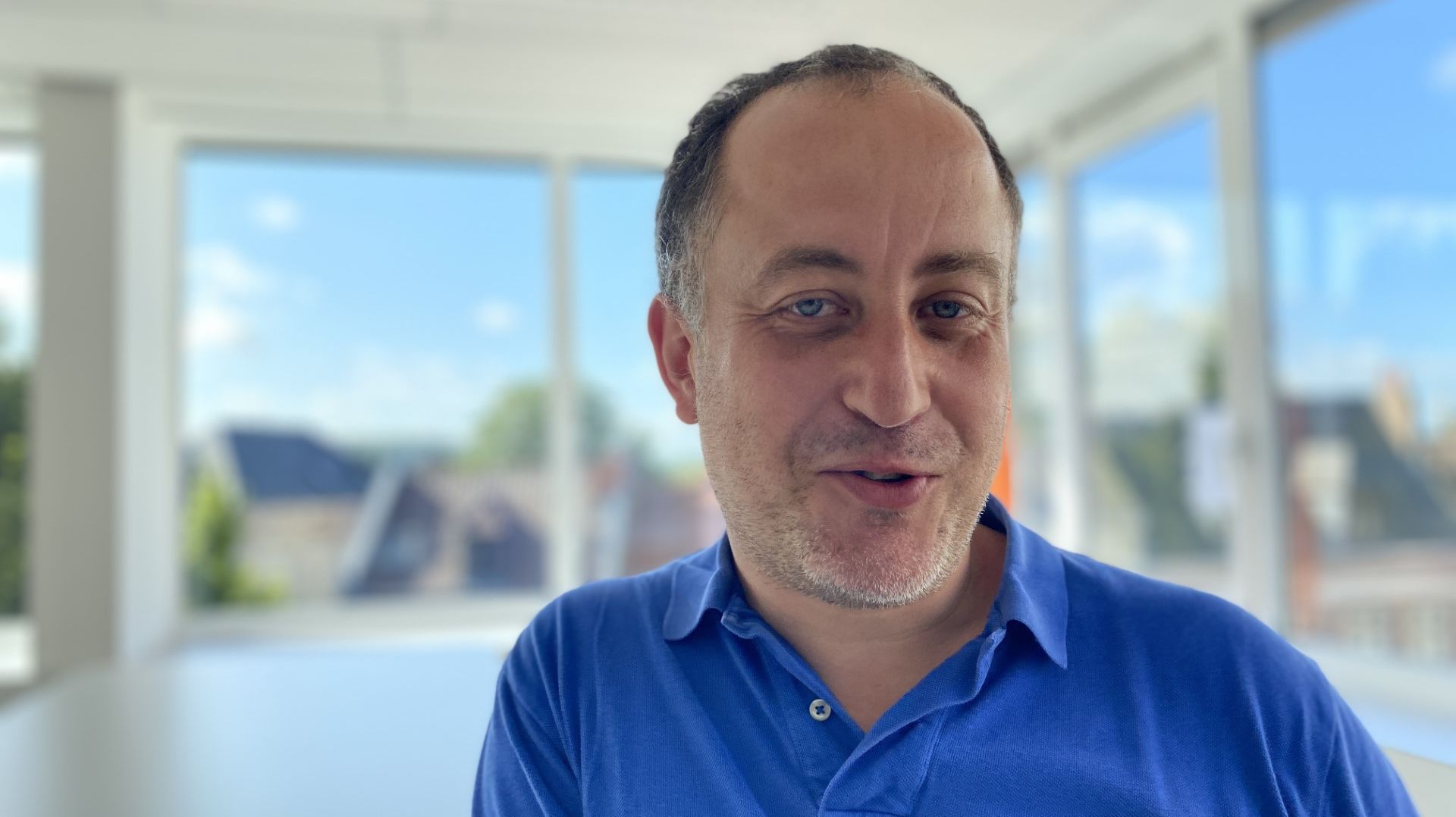Jean-Marie Raquez, Senior Researcher at the University of Mons (Belgium), has just been awarded major funding under the very first WEL-T call for projects. His work aims to manage plastic waste more sustainably thanks to an innovative technology based on advanced recycling.
A project on sustainable plastic waste management carried out at the University of Mons (Blegium) was selected in the first WEL-T (Walloon Excellence in Technology) call, which means it will get a 700,000-euro funding over two years. Its lead researcher is Professor Jean-Marie Raquez, Senior Researcher at the National Fund for Scientific Research Polymer and Composite Materials Department. In all, 14 research programmes (Advanced & Starting) were selected in the fields of engineering sciences, chemistry, and physics.
This call for grants’ objective is to generate innovation that will lead to industrial applications promoting ecological transition, a strategic sector for the region, in areas such as renewable energies, new materials, agile and safe production methods, and recyclable materials.
For Prof. Ruddy Wattiez, Vice-Rector for Research, Innovation and Entrepreneurship at the University of Mons, “The WEL Research Institute, which now includes two departments, WELBIO and WEL-T, is an important tool for supporting strategic fundamental research. In just a few years, the WEL label has become a mark of excellence.”
Reducing the environmental impact of plastics
Plastics are omnipresent in our daily lives, particularly in food packaging. They face two major environmental challenges linked to their massive use: plastic pollution and the high carbon footprint due to their petrochemical origin.
“To reduce the environmental impact of plastics, current efforts are dedicated to developing closed life cycles for synthetic plastics, mainly built on the basis of appropriate collection, separation and mechanical recycling, but remain unsatisfactory for achieving sustainable plastic waste management,” Jean-Marie Raquez points out. “The main obstacle is that most recycled materials have inferior properties to virgin plastics, leading to a downcycling model,” he adds.






